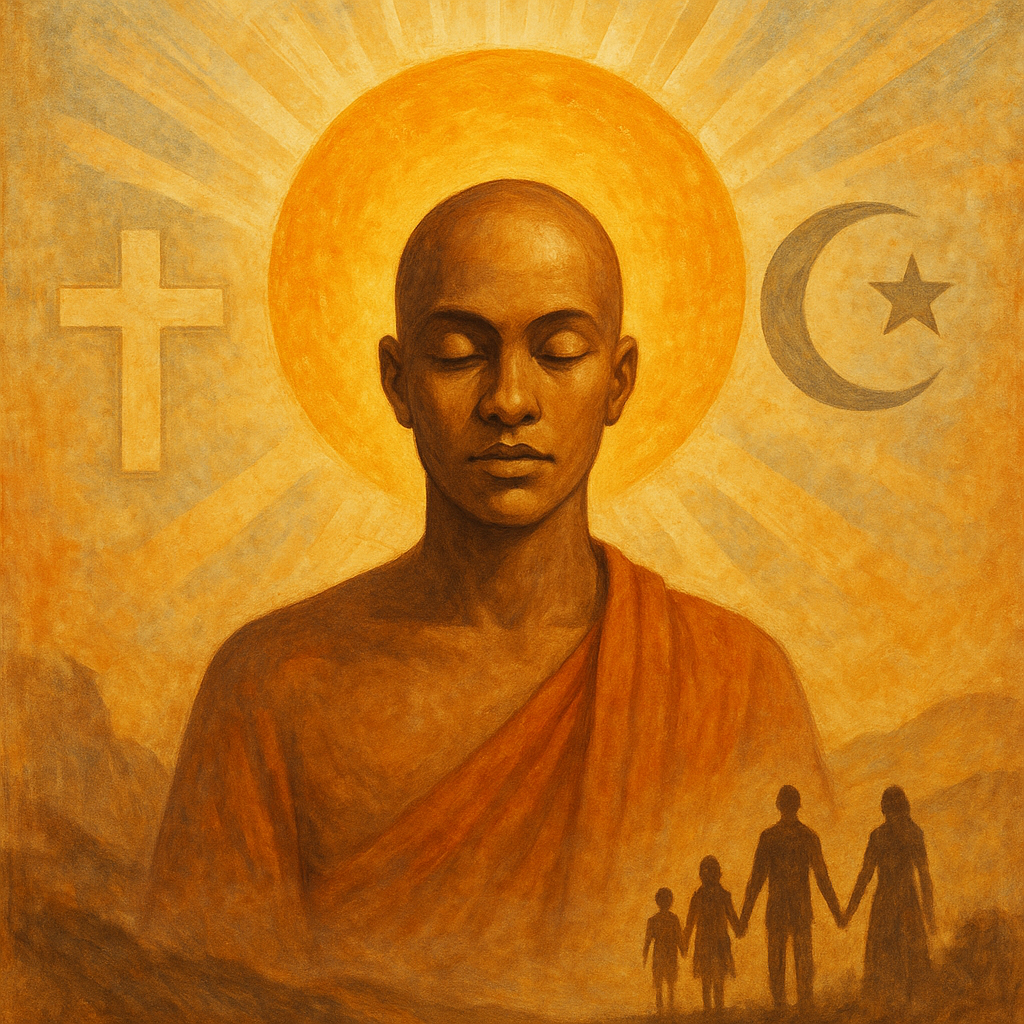Beyond Religion: The Rise of Spiritual Humanism
In the 21st century, humanity stands at a fascinating crossroads. Traditional religions that once shaped every aspect of life are now being reinterpreted in new ways. People around the world are moving beyond rigid doctrines and towards a more inclusive, compassionate, and universal approach to spirituality — an approach that many call Spiritual Humanism. This movement is not a rejection of faith, but rather a reimagining of it, where the focus shifts from divine authority to human potential, empathy, and moral responsibility.
The Shift from Religion to Spirituality
For centuries, religion has served as a moral compass for society. Temples, mosques, churches, and synagogues were not only places of worship but also centers of community and ethics. However, in an era shaped by science, technology, and globalization, many people began to question institutional authority. They wanted spirituality that could coexist with reason — something deeply personal and inclusive. Thus emerged a form of belief that valued inner experience over external rituals, compassion over conversion, and mindfulness over dogma.
Spiritual Humanism is the bridge between the heart of religion and the mind of modern rationality. It doesn’t deny the sacred but redefines it as something within us, not above us. It invites people to see divinity in everyday life, in human connection, and in acts of kindness.
The Essence of Spiritual Humanism
At its core, Spiritual Humanism is based on three ideas — interconnectedness, empathy, and self-evolution. It recognizes that every human being carries a spark of the divine — not as a theological statement, but as a recognition of shared consciousness. Instead of worshipping gods as distant entities, it encourages the celebration of human values like love, creativity, and compassion as sacred expressions of life itself.
Unlike traditional religious frameworks, there is no rigid scripture or set of commandments in Spiritual Humanism. The “holy book” is the human experience itself — our ability to reflect, question, and grow. Meditation, mindfulness, and ethical living replace ritualistic obligation. The goal is not salvation in another world but the realization of peace, purpose, and harmony in this one.
Science and the Sacred
Interestingly, Spiritual Humanism does not oppose science; it embraces it. It sees scientific discovery as a form of wonder — an exploration of the divine language of the universe. The laws of nature, the mysteries of consciousness, and the beauty of creation are not viewed as contradictions to faith but as pathways to deeper awe. This synthesis of logic and spirituality offers a modern answer to the age-old conflict between reason and religion.
Through this lens, even technological progress can be spiritual. Artificial intelligence, space exploration, and bioethics become questions not just of innovation, but of conscience. Spiritual Humanism urges humanity to ask — not only “can we?” but “should we?” — guiding our progress with moral clarity and compassion.
A Global Awakening
From mindfulness movements in the West to ancient Indian philosophies like Advaita and Buddhism, the essence of Spiritual Humanism is found across cultures. The Dalai Lama often describes his faith as “kindness.” Many young people now describe themselves as “spiritual but not religious,” reflecting a generation that seeks meaning without boundaries.
This global awakening is also reshaping communities. Instead of gathering in temples or churches, people come together in yoga studios, meditation retreats, online circles, and humanitarian causes. Acts of service — from climate activism to mental health advocacy — are becoming expressions of spiritual practice.
The Future of Faith
The rise of Spiritual Humanism does not spell the end of religion; rather, it may mark its renewal. It reminds us that faith is not confined to rituals, but flows through empathy, equality, and the shared human journey. It replaces fear of divine punishment with the joy of divine potential — within every heart and every act of goodness.
In a world divided by race, politics, and creed, Spiritual Humanism offers a language of unity. It teaches that true spirituality is not about separation, but connection. It is about living with awareness, acting with compassion, and seeing every life as sacred. In the end, going beyond religion is not about abandoning belief — it is about expanding it. It is about realizing that the temple we seek may already exist within us, and that to serve humanity is the highest form of worship.
~Religion World Bureau










